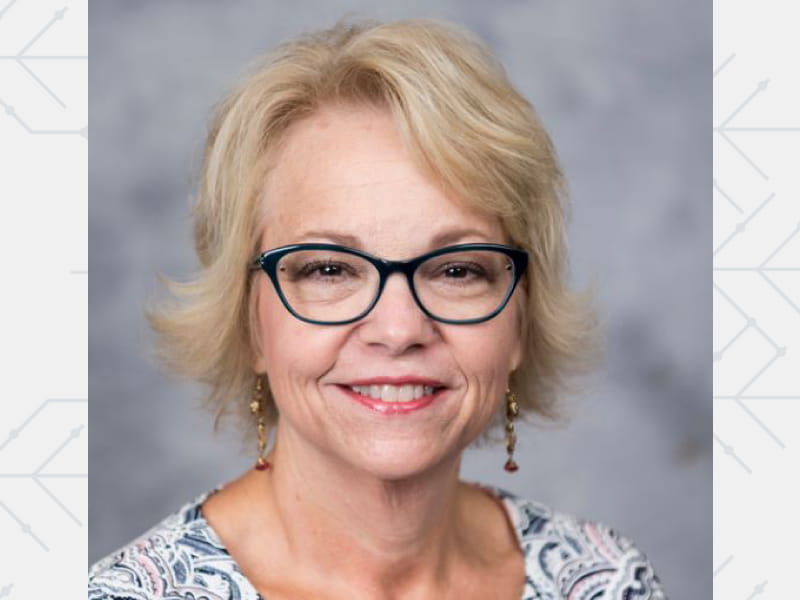Heart disease took her father at 42. Now, she's on a quest to save lives.

Lynn Hundley grew up knowing her future was in nursing and health care. Her father had tried to steer her toward business and economics, but she knew she was cut out for science and medicine.
When her dad died from heart disease when she was 20 years old and just starting nursing school, it impacted her deeply.
"Having lost him at such a young age continues to fuel my passion to decrease the burden of cardiovascular disease," said Hundley, who is now director of clinical effectiveness for stroke care at Norton Healthcare in Louisville, Kentucky.
That passion has helped numerous patients over the years, whether treating them herself or working on their behalf to ensure quality of care in Kentucky and across the nation. The American Heart Association will honor Hundley for those efforts as Healthcare Volunteer of the Year at an awards ceremony Oct. 27. The event will be livestreamed here.
Hundley gets to see the impact of her work every year at the survivors' dinner she founded at her hospital. It had to be canceled this year because of the coronavirus pandemic, but she looks forward to the eventual return of these emotional reunions of stroke survivors and the health care professionals who took care of them.
"Not every stroke has a positive outcome – but holding on to the happy endings helps you go on," she said.
The reunions with her patients from years ago are especially motivating, she said. Reconnecting with those who are grateful to be alive is a reminder of the difference her work makes in people's lives.
In addition to her work at Norton Healthcare, Hundley serves on a steering committee of the Kentucky Stroke Systems of Care group, providing education and tools to hospitals throughout the state.
The group – a collaboration of the American Heart Association/American Stroke Association, the Kentucky Department of Public Health and several hospitals in northern Kentucky – is dedicated to sharing the newest advances, best practices and scientific guidelines for stroke care.
Hundley began volunteering with the AHA more than a decade ago, implementing Get With The Guidelines-Stroke in her hospital. She loves being an AHA volunteer because it allows her to work with people who share her passion.
Working with the AHA appealed to her because it was an opportunity to improve care beyond her own work with patients. Having been on the front lines, Hundley knows getting the best possible care can help a survivor have a better quality of life post-stroke. Stroke is the second-leading cause of death in the world and a leading cause of disability, and much of it is preventable.
But for Hundley, the best part is being able to point to tangible progress and know she's made a difference. To her, the numbers represent lives made better.
"It shouldn't matter who you are or where you are, you should be able to get the best stroke care," Hundley said. "I can't fix them all, but it's a shame that all facilities are not equipped to provide the latest standard in care."





